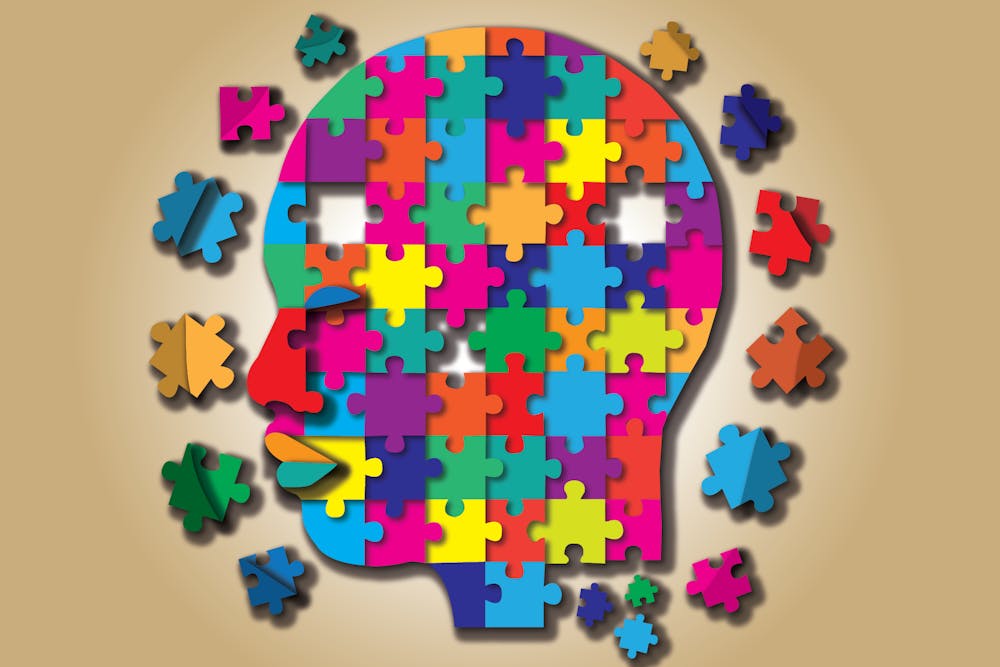The idea behind organizations and events that connect people through identity or race is to create a space where minorities don’t experience discrimination and can connect over a shared culture. However, even in these communities, there is underlying fracturing.
Asian communities are often subgrouped, whether that be by country or regions within them. This is not a bad thing, people should celebrate and connect with their specific heritage. However, the detriments of such groupings to our college years are not often discussed, and assumptions and expectations they carry are rooted in white colonialism.
When colonizers, governments and merchants shipped us to sugarcane fields, engineered famines and brutally massacred countless civilians, any deviation from white was a crime. We are all suffering similar consequences of historical oppression, yet we continually try to be higher up on a ladder of Asian value.
Aesthetic advantages afford you a respite from worse discrimination, which is why colorism is rampant in most minority communities. Growing up, I heard false moral judgements about people outside my ethnic subgroup in the form of children’s rhymes and casually demeaning remarks, like equating certain regions of Asia with crooks or manipulators by skin shade or hair type. This race to be the ones most exempt from discrimination misses the point of solidarity.
Additionally, much like how accents carry implications about education level in the U.S., in Asian countries including China, India, South Korea, the Philippines, Vietnam and many more, ethnic or geographic minorities are discriminated against because of accent or birthplace, a pattern with colonialist origins.
While these may seem like issues an ocean away, they seep into Asian communities at UNC. If you don’t speak your ancestral language well, or speak it with a regional dialect, some make assumptions about your family’s beliefs or how connected you are to your culture. Why are we letting our ancestors’ biases permeate our safe spaces? We have strong familial structures, which is undeniably a good practice in need of preservation, but it also leads to deeply ingrained ideas that are difficult to push back against.
Asian students, whether consciously or subconsciously, end up in stratifications. There is often judgment between these communities on dietary preferences, career choices and religion. I myself have felt unwelcome in certain communities because of my subgroup and lifestyle, but that ousting often dominoes, causing a cyclic division and bias. Unless you are the Platonic ideal of an Asian, it’s difficult to blend into more than a few of these subgroups.
Instead of distancing yourself from people who don’t exactly practice your customs the way you do, consider them one of your own. Every Asian, regardless of specifics, still has much of your shared experience, especially as a fellow student in North Carolina. Many other student societies have slowly integrated into a united movement and caused a lot of social change, but Asian communities frequently lag behind.
Our aversion to breaking down barriers between groups is outdated. A lot of the beliefs our families hold about sub-communities within their ethnicity are classist lies fed to them by colonizing brutes. We don’t need to believe them.



